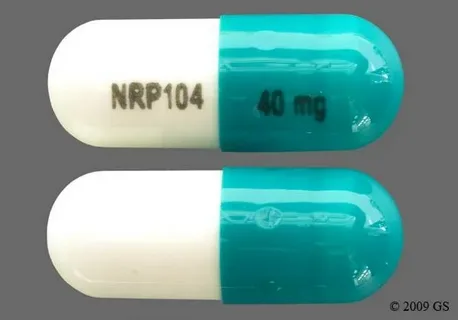In clinical trials Vyvanse was found to be effective in reducing binge eating episodes in adults with moderate to severe BED. It is a stimulant that works on the brain to decrease appetite.
Swallow the capsule whole. If you have trouble swallowing, open the capsule and pour the powder into a glass of water, orange juice, or yogurt. Mix well. Eat or drink all of the mixture right away. Do not save any leftover medicine.
Side effects
Vyvanse affects chemicals in the brain and nerves that contribute to ADHD symptoms. This medication is FDA approved to treat attention deficit hyperactivity disorder (ADHD) in adults and children 6 years of age and older. It is also approved to treat moderate to severe binge eating disorder in adults. Stimulants can increase heart rate and blood pressure, so your doctor will monitor these vital signs during treatment. This medicine has a boxed warning about the risk of abuse and addiction. Your doctor will test for and discuss any history of drug or alcohol abuse. This medication can cause physical and psychological dependence.
Tell your doctor if you or your child has any mental health problems, including depression, bipolar illness, suicidal thoughts, or family history of these conditions. This medication can cause new or worsen existing mental health symptoms, such as hallucinations or sudden suspicions. Report any numbness, coolness, pain, or changes in skin color in your fingers and toes to your doctor, as these may be symptoms of circulation problems (Raynaud’s phenomenon). This drug can pass into breast milk. Do not breastfeed while taking this medicine.
Dosage
Vyvanse can be taken orally in capsule or chewable tablet form. It should be taken with or without food, and usually first thing in the morning. The doctor will prescribe a dose that’s right for you or your child.
Your doctor will start you on the lowest dose possible and adjust it over time to find the best amount to treat your symptoms. Your daily dosage can range from 30 mg to 70 mg.
This medicine is in a class of medications called amphetamines. It can increase the risk of seizures in some people. If you have a history of seizures or epilepsy, your doctor may want to monitor you closely while taking this medication.
This drug may pass into breast milk and could harm a nursing baby. Talk to your doctor before breastfeeding. Your doctor will do regular checks of your heart and blood pressure while you’re taking Vyvanse. They’ll also check your growth and development.
Precautions
Vyvanse can cause serious side effects, including heart and blood vessel problems. It should not be used by people with a history of misuse (abuse) or dependence on other drugs, especially illegal substances. This medication can also affect growth in children, so it is important to check their progress often. Talk to your doctor if you have concerns.
VYVANSE can interact with some medicines, especially ones that raise the level of a chemical called serotonin in the brain. These include selective serotonin reuptake inhibitors (SSRIs), tricyclic antidepressants, and a type of medicine called monoamine oxidase inhibitors (MAOIs). This combination can increase the risk of a very serious side effect called serotonin syndrome, which may cause fever, sweating, involuntary muscle twitching, fast heart rate, confusion, agitation, hallucinations, or a coma.
Tell your doctor if you or your child is taking any other prescription or nonprescription medicines, vitamins, or supplements. This includes herbal or natural remedies. Also tell your doctor if you have any family history of mental health or bipolar disorder or a history of suicidal thoughts or actions. Call your doctor right away if you or your child has new or worsening psychotic symptoms (such as hearing voices, believing things that are not real), or any other changes in behavior or thinking.
Overdose
Lisdexamfetamine dimesylate, sold under the brand name Vyvanse, treats attention deficit hyperactivity disorder (ADHD) and binge eating disorder in children and adults. It is a central nervous system stimulant that can cause side effects including restlessness, insomnia and irritability. It is important to take Vyvanse as prescribed and not exceed the maximum daily dose. It should be taken in the morning, with or without food. It is not recommended to take it at night, as it can lead to sleep problems. Store it in a secure place and keep it out of reach of children.
Vyvanse can be addictive and is a Schedule II controlled substance, so it is important to be cautious. People who misuse Vyvanse can experience severe and sometimes life-threatening side effects. If you or someone you know has developed a dependence on this medication, call Granite Recovery Center Ridgefield for help. Our accredited treatment facility provides comprehensive care for individuals struggling with addiction to this and other stimulants.vyvanse 30 mg capsule




Leave a Reply